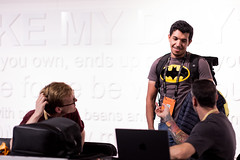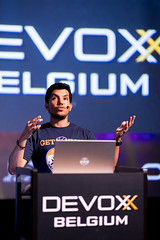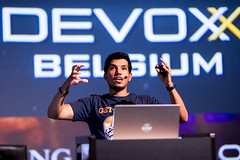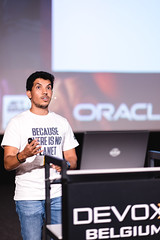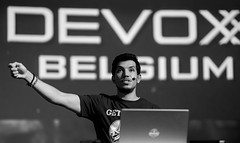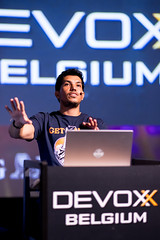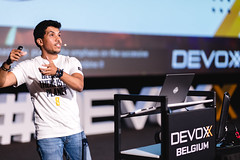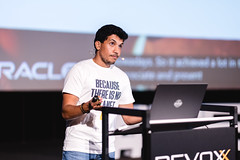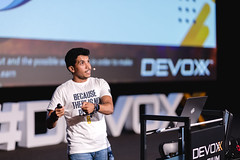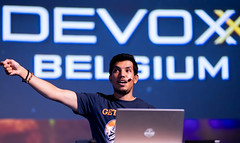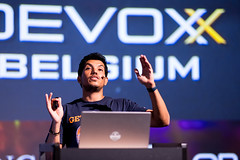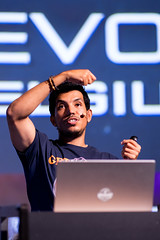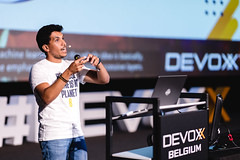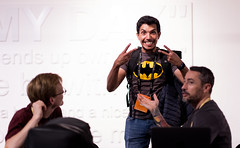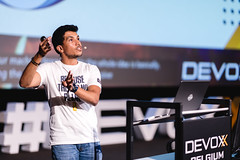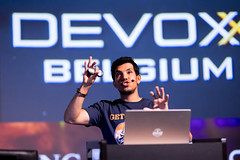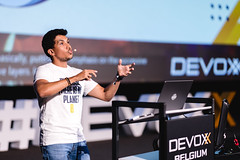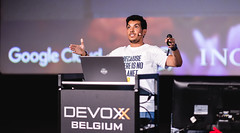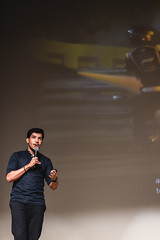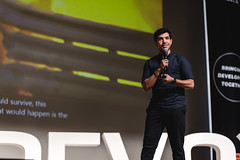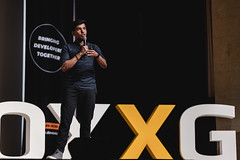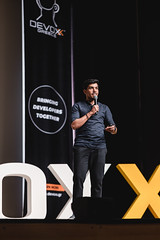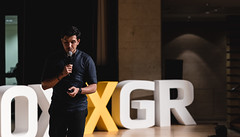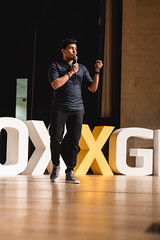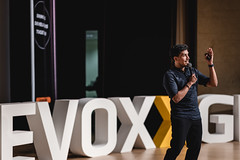Mohammed Aboullaite
Spotify
Mohammed is a community catalyst, a true open-source believer who has contributed to many open-source projects. Mohammed has extensive hands-on, cross-industry experience in designing, building and evolving distributed applications at scale. He's one of Google developer experts in cloud, and work @Spotify as Backend engineer.
The buzz around eBPF is growing quickly and it is rising as an essential component for observability, security, tracing and networking within the cloud native ecosystem. In fact, it is changing the way we think about operating systems by opening the doors to fully customize the Linux kernel as a platform.
In this session, we will cover the fundamentals of eBPF,its internals and core architecture. We will also delve into building real world examples and how developers can benefit from getting an inside look into their applications without code instrumentation, getting traces, analyzing the performance and identifying possibilities to improve using eBPF.
We will also cover eBPF's benefits for cloud-native environments, highlighting its expanding landscape allowing to harness eBPF power and unlock its potential.
More In this session, we will cover the fundamentals of eBPF,its internals and core architecture. We will also delve into building real world examples and how developers can benefit from getting an inside look into their applications without code instrumentation, getting traces, analyzing the performance and identifying possibilities to improve using eBPF.
We will also cover eBPF's benefits for cloud-native environments, highlighting its expanding landscape allowing to harness eBPF power and unlock its potential.
When you think about building and/or deploying machine learning models, Java is not within the top 3 languages that we generally think of. Nonetheless Java has a strong community, with millions of developers using it as their main language.
With the AI buzz spiking in the past month, All developers, and especially Java developers, need to understand how to build and run apps that use ML. In this session we are going to explore what are our options, as java developers, to build, save and run machine learning models.We are also going to discuss and compare the most 3 popular frameworks (Deeplearning4J, djl and Tribuo), along with a real world example to understand capabilities and tradeoffs of each framework. We will also briefly cover JSR381, an open-source, Java-friendly API for ML, specifically visual recognition
More With the AI buzz spiking in the past month, All developers, and especially Java developers, need to understand how to build and run apps that use ML. In this session we are going to explore what are our options, as java developers, to build, save and run machine learning models.We are also going to discuss and compare the most 3 popular frameworks (Deeplearning4J, djl and Tribuo), along with a real world example to understand capabilities and tradeoffs of each framework. We will also briefly cover JSR381, an open-source, Java-friendly API for ML, specifically visual recognition






